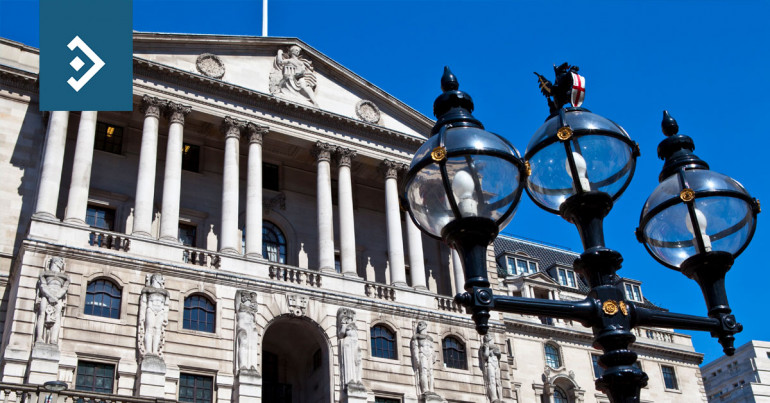
Hunt faces Tory election concerns
Morning mid-market rates – The majors
14th November: Highlights
- Hunt confirms tax increases
- Democrats retain control of the Senate
- German economy expected to shrink in 2023
GBP – Financial statement last chance to rescue manifesto
Hunt spoke of his belief that the entire nation must share the burden of closing the hole in the country’s finances. He believes that he and the Prime Minister must make some tough decisions, and provide support for families most affected by the cost-of-living crisis.
Everyone will have to pay more in taxes, according to Hunt, but observers will want to see the detail of the package before they pass judgement on how fair it is.
It is rumoured that the 50p top rate of income tax will be reintroduced, which affects the highest earners.
The cut in the basic rate of tax will be pushed back for another year which will allow the Conservatives to introduce it as a sweetener, in the run-up to the next General Election.
Cuts in public spending are expected to be made, although it is expected that the National Health Service will be spared although some of the more expansive plans announced by Boris Johnson when he was Prime Minister will be delayed or shelved.
The public sector is going to be disappointed with annual wage rises well below the cost of living being offered to them. With several sectors including nurses and postal workers on the brink of strike action and rail workers already having embarked on industrial action, it will be a tough period. Especially as inflation is likely to continue to rise.
The amount of support provided to those families having to decide between warmth and food, will be tapered with no blanket payments made to all.
Employment data for October will be published tomorrow with another fall in the headline claimant count expected. Average wages including bonuses are expected to hit 6%, which will ensure that interest rates continue to rise.
On Wednesday, inflation data will be released with the headline expected to rise from 10.1% to 10.6%, although the core rate is likely to see a marginal fall.
The Pound enjoyed a strong rally last week driven mostly by optimism created by the Russian withdrawal from Kherson in Ukraine and the strong showing by the Democrats in the US midterms.
It broke several levels of resistance in reaching 1.1854 and closing at 1.1844.
Recommend our services and earn up to £75 per successful referral
USD – Prices likely to remain high until at least the end of Q1
With headline inflation falling from 8.2% to 7.75 some observers believe that it provides the FOMC with an opportunity to taper interest rate rises to allow some time for consideration of the actions taken so far, while others believe that the Fed should press home its advantage, and hike by a further seventy-five basis points next month.
A recurring theme of the Fed’s tightening of monetary policy which began last March is that there is always another set of data just around the corner to either confirm or to call it into question.
Next month’s FOMC meeting, which will be held on December 13/14, will draw on the November employment report for guidance since, despite continuing reports of a recession about to hit, the economy continues to add a significantly higher number of new jobs that is normal for an economy struggling for growth.
The Democrat Party held onto power in the Senate as Arizona voted to stay blue. Several prominent senior Republicans turned upon former President Donald Trump, blaming him for the Grand Old Party having lost three elections in a row.
Trump had extraordinarily little to say about the performance of a number of Candidates that had been hand-picked to run in swing states. He remains firmly ensconced behind the wall of his Mar-a-Lago estate in Florida, planning another run at the President in 2024.
The sitting President, Joe Biden, is also planning to decide whether he will stand again.
This week will see the release of produce prices for October. The core data is not expected to fall as fast as current inflation due to the lag in interest rates taking effect.
The market will be interested to see if the Dollar Index can stage any recovery following its significant fall last week. It reached a low of 105.27, closing at 106.37. Support now stands at 105.80, but after such a significant fall, the index is exhibiting signs of being oversold.
EUR – ECB to continue to hike despite fear of recession
The hawks believe that the bare minimum for short-term interest rates is for them to reach the point where they no longer offer accommodation to the economy. It would be preferable for them to reach approximately one hundred points into restrictive territory, but since the neutral point is something of a movable feast, which will be difficult to achieve.
The doves, who are forced into that position due to the parlous state of their economies, still expect to see rate increases but would like to see some moderation.
While Germany is without question in the hawkish camp, its attitude is slightly tempered by the fact that their own economy is not expected to grow at all in 2023.
Although historically, where Germany leads the rest of the Eurozone follows, the current slowdown in the Eurozone is driven as much as anything by the level of energy usage.
In the heaving industrialized economies of Germany and several eastern slates, energy usage is far higher than in, say, Spain and Portugal.
Although they still see inflation, the slowdown in their economies has markedly different roots to the industrialized nations to the north and east.
In the south the issue is financial discipline, which has all but collapsed since the Pandemic. Brussels makes vague comments about reinstating the growth and stability pact but dragging budget deficits below 3% would mean the type of austerity that would create significant social unrest, while debt to GDP ratios are now at levels where it will take years to bring them below 70%.
The Euro now is well established above parity. Appearances can be deceptive, but although the single currency is supported by the possibility of a shift in interest rate hikes between the Fed and ECB, it would only take another hawkish comment for Jerome Powell to see the euro drop to previous levels.
Last week, the euro rose to a high of 1.0364, closing at 1.0357. It is now threatening resistance at 1.0462.
Alan Hill
Alan has been involved in the FX market for more than 25 years and brings a wealth of experience to his content. His knowledge has been gained while trading through some of the most volatile periods of recent history. His commentary relies on an understanding of past events and how they will affect future market performance.



